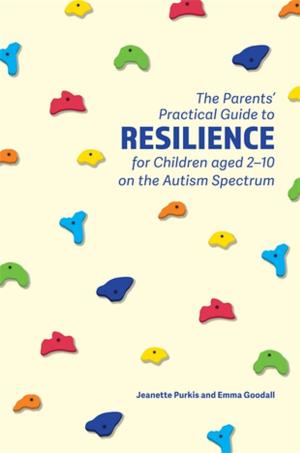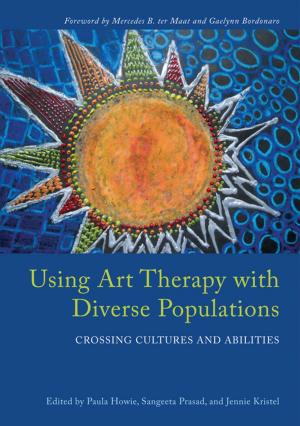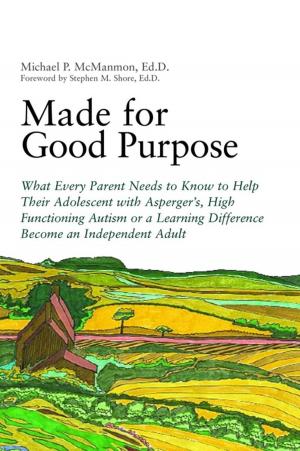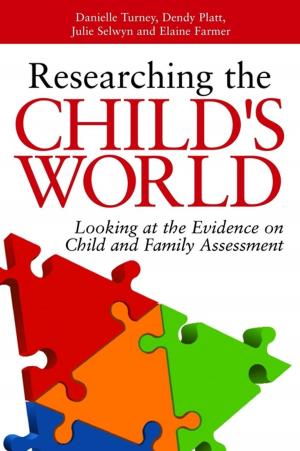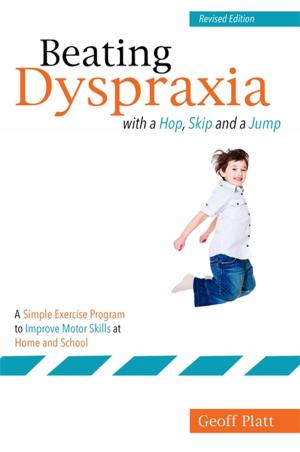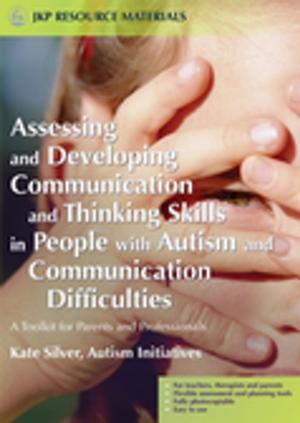What to Do about Smearing
A Practical Guide for Parents and Caregivers of People with Autism, Developmental and Intellectual Disabilities
Nonfiction, Family & Relationships, Parenting, Special Needs, Health & Well Being, Health| Author: | Kate E. Reynolds | ISBN: | 9781784503956 |
| Publisher: | Jessica Kingsley Publishers | Publication: | February 21, 2017 |
| Imprint: | Jessica Kingsley Publishers | Language: | English |
| Author: | Kate E. Reynolds |
| ISBN: | 9781784503956 |
| Publisher: | Jessica Kingsley Publishers |
| Publication: | February 21, 2017 |
| Imprint: | Jessica Kingsley Publishers |
| Language: | English |
Addressing the often hidden, yet not uncommon, behaviour of faecal smearing among children and adults with autism and developmental and intellectual disabilities, this practical handbook shows how to tackle this often embarrassing and difficult issue in a positive way.
Informing parents and caregivers of the many causes of smearing, the author offers tried-and-tested, everyday approaches for managing this behaviour. This supportive guidebook includes down-to-earth advice, helpful picture narratives, examples of how to prepare and use diary sheets for behaviour analysis, and practical exercises that can be carried out at home. There is also advice on what to do if a child ingests faeces, and dealing with persistent or recurring smearing. With a focus on positive low-arousal responses and featuring the voices of parents who have experience of their child's smearing, families will feel supported and confident in identifying the causes of smearing, and be able to choose and carry out appropriate preventative approaches. This will also be a useful resource for professionals who encounter smearing behaviour, including social workers and SEN and teaching staff.
Addressing the often hidden, yet not uncommon, behaviour of faecal smearing among children and adults with autism and developmental and intellectual disabilities, this practical handbook shows how to tackle this often embarrassing and difficult issue in a positive way.
Informing parents and caregivers of the many causes of smearing, the author offers tried-and-tested, everyday approaches for managing this behaviour. This supportive guidebook includes down-to-earth advice, helpful picture narratives, examples of how to prepare and use diary sheets for behaviour analysis, and practical exercises that can be carried out at home. There is also advice on what to do if a child ingests faeces, and dealing with persistent or recurring smearing. With a focus on positive low-arousal responses and featuring the voices of parents who have experience of their child's smearing, families will feel supported and confident in identifying the causes of smearing, and be able to choose and carry out appropriate preventative approaches. This will also be a useful resource for professionals who encounter smearing behaviour, including social workers and SEN and teaching staff.


